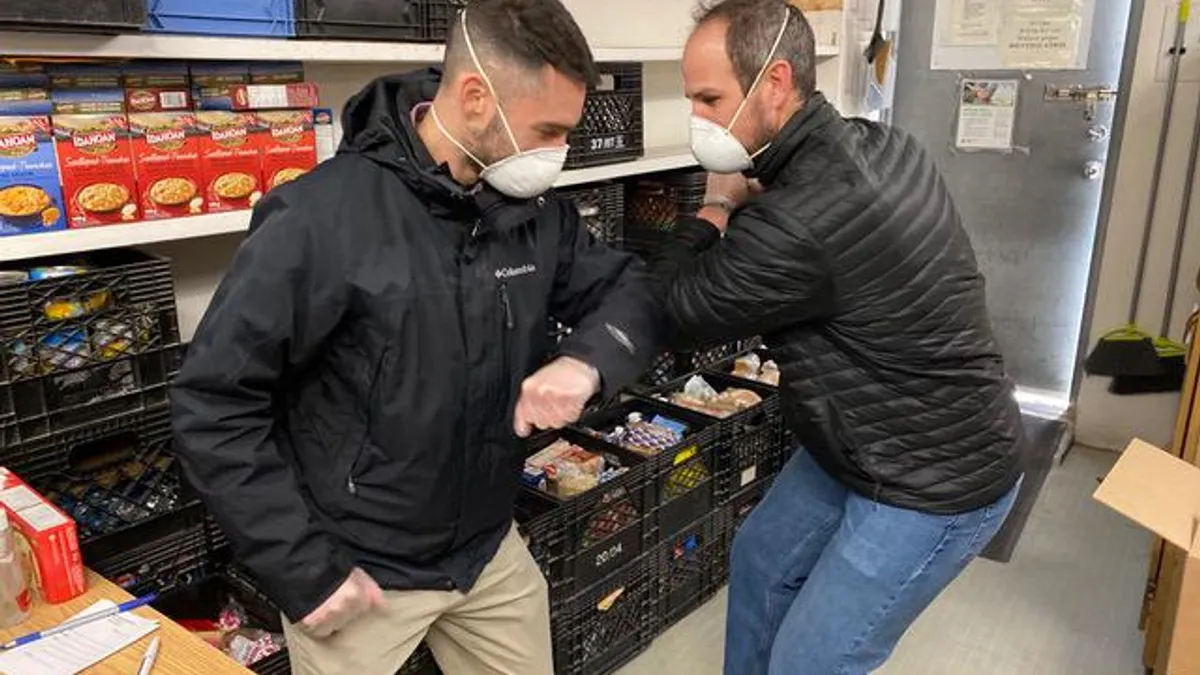Dive Brief:
- Employers cited child care nearly as often as they did health and safety issues in evaluating why some workers are unable to fully return to work, according to the Aug. 3 results of a survey from the U.S. Chamber of Commerce Foundation.
- Forty percent of the 170 employers surveyed said they have offered child care assistance, benefits or accommodations in response to the pandemic. Nearly 30% said this additional assistance took the form of remote work, and about a quarter said they offered flexible working hours or working days.
- Twenty-five percent of employers said they would be willing to invest more heavily in employee childcare needs. More than half said they would do so were the government to provide incentives such as tax benefits or subsidies.
Dive Insight:
The Chamber's findings align with those released last month by Morning Consult for the Bipartisan Policy Center. The firm found that 60% of parents receiving unemployment insurance benefits with no plans to return to work said caregiving duties stand in the way. More than 40% cited school closures specifically.
The challenge disproportionately affected people of color. Fifty-five percent of Hispanic and 44% of Black parents said they planned not to return to work because of caregiving needs.
Morning Consult's findings also appeared to confirm that child care issues caused some to quit their jobs. While most of the respondents received unemployment insurance because they were furloughed or laid off, six percent quit their jobs. Of those, slightly more than half said they quit because of child care or school closures.
As employers evaluate how to resume onsite operations safely, frameworks to do so have emerged, according to speakers on an Aug. 5 panel hosted by the 2020 Disability Management Employer Coalition Virtual Annual Conference. Workplaces are learning how to adopt safety standards and prioritize flexibility. One issue remains an unknown: Schooling. "The truth is, we don't know yet how we're going to work through this," Designer Brands Benefits Supervisor Erin Penland said. "It's a huge concern for us."














